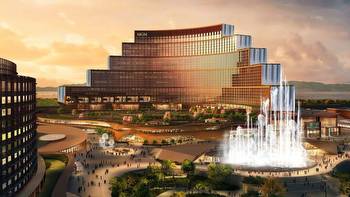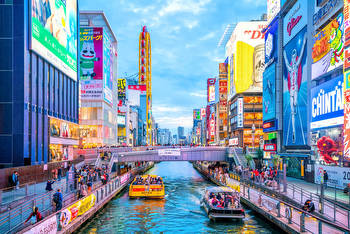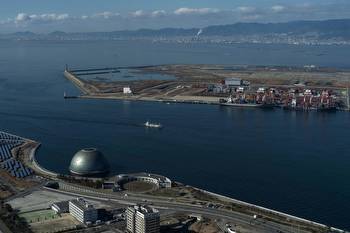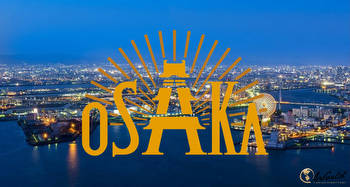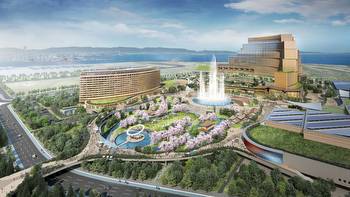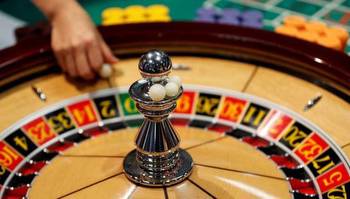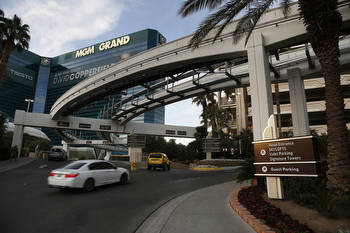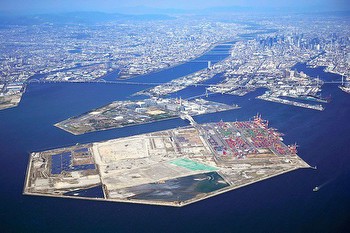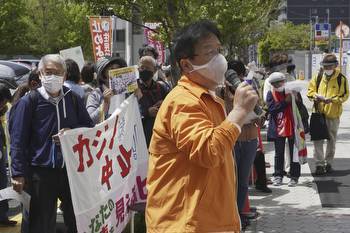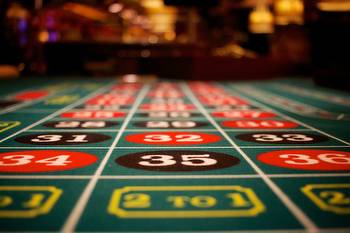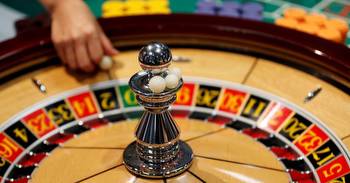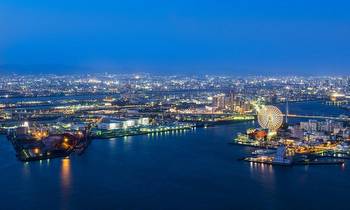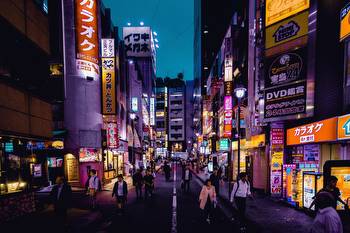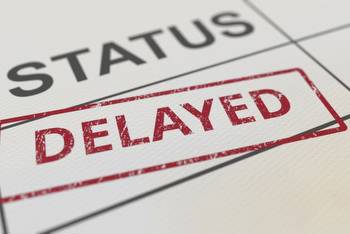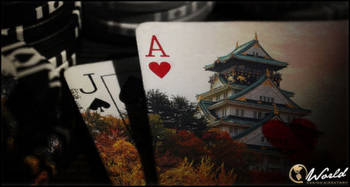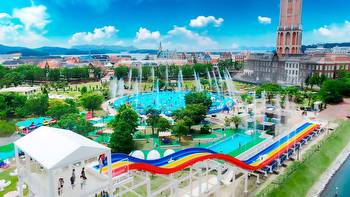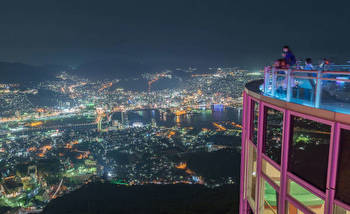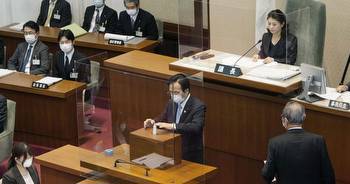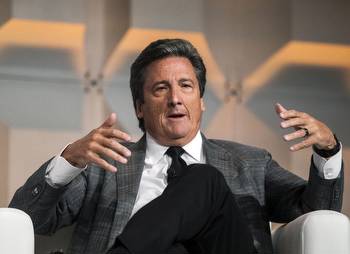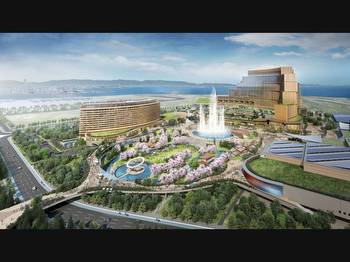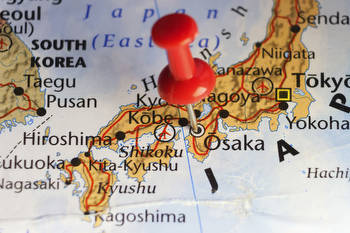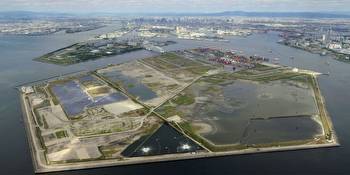Japan Approves First Casino Resort in Win for MGM Resorts and Orix
The Japanese government on Friday approved the plan to build the country's first casino resort. The project is due to be developed on an artificial island in Osaka by Las Vegas-based MGM Resorts International (MGM) and its local partner, the Tokyo-based consumer credit company Orix Corp. (T:8591 and (IX) ).
Technically speaking, the winning idea has been proposed by the governments of Osaka City and Osaka Prefecture. The resort, which will have a conference center and hotel in addition to c casino, is due to open in 2029. Proponents say it will attract around 20 million visitors per year and generate revenue of US$3.9 billion.
It's a controversial idea to allow casinos to operate in Japan, with opinion polls showing many citizens are concerned about gambling addiction and organized crime. Consequently, any so-called "integrated resort" is always sold as a way of promoting tourism to Japan and stimulating the economy, with Osaka also due to host a World Expo in two years.
"In addition to contributing to the development of the Kansai region following the 2025 World Exposition in Osaka, we hope (the casino) will become a tourism base that promotes Japan's charms to the world," Japanese Prime Minister Fumio Kishida said in announcing the decision, according to the Kyodo News wire agency.
The project now needs to tender an agreement with a contractor and be assessed by the Japan Casino Regulatory Commission. The bidders say they will be investing US$13.5 billion to build the resort and facilities.
The 5.3 million-square-foot resort will be built on the reclaimed island of Yumeshima, which will also be the site of the World Expo. The island is one of several being built in the mouth of the Yodo River in sight of the existing Universal Studios Japan theme park and Osaka Aquarium.
Japan has approved in concept the construction of three integrated resorts. A separate plan from Nagasaki Prefecture to open a casino at the Huis Ten Bosch seaside resort is still under government review. There are concerns that it may struggle to generate the necessary financing.
Betting on horse racing is allowed in Japan, with the same government-operated pools-based system used to run gambling on keirin bicycle races, speedboat races and motorcycle races. There's also a series of lotteries by city or prefecture. And perhaps the most famous type of wager in Japan is pachinko, a mashup of a pinball machine with a slot machine. Technically, pachinko is not gambling in Japan because winners are rewarded with extra balls that they then convert to symbolic prizes, which they convert to cash at the pawnshop that's always next door (and owned by the pachinko operator).
Japan has been talking about allowing casinos at least since the turn of the century, and the proposal process has been long and laborious, seeing many would-be bidders drop out.
The ruling Liberal Democratic Party eventually pushed through a law in 2018 allowing for the development of "integrated resorts," a euphemism that also has been used in Singapore when it began allowing casino development.
It's unlikely that the casinos in Japan will leech too much business away from the casinos in Macau, which thrive off Chinese gamblers. Macau is far more accessible to citizens who live in southern Guangdong Province, China's largest economically, which is just across the border from Macau. Hong Kong is also a short ferry or bus ride away.
However, Japan is a very popular travel destination for Chinese tourists as well as visitors from around the rest of Asia. Those who need to travel by plane rather than train or road may fancy a flutter at the tables in Osaka, Japan's second-largest city.
Whatever the politicians and euphemism pushers claim about drawing tourists, the biggest audience for the casinos by far will be Japan's own citizens. The Japanese population may be aging and shrinking, but remains massive at 125 million people as of 2023, according to Statista. And let's not forget this remains the world's third-largest economy. It's a well-to-do nation that loves to travel domestically, most recently with the aid of government incentives to stimulate travel within Japan.
The proposal document indicates 14 million annual domestic visitors and 6 million international tourists. It forecasts a local economic impact of ¥1.14 trillion (US$8.6 billion), partly by creating 15,000 jobs.
However, it has been well-documented that forecasts of the economic benefit from gambling are frequently massively overstated. They are largely championed by gambling companies as well as politicians who see gambling as a way of generating taxes without making the unpopular move of raising taxes.
MGM Resorts and Orix each will own 40% of the casino-resort company. Another 20 companies, many of them local, will own the remaining 20% stake, including electronics conglomerate Panasonic Holdings (T:6752 and (PCRFY) ), the electric utility KEPCO (T:9503 and (KAEPY) )and the local train operator West Japan Railway (T:9021 and (WJRYY) ), all three of them based in Osaka.
The approval has been coming for a long time, so the stocks didn't post an immediate response. The Topix broad market index in Tokyo gained 0.5% on Friday as most Asian markets advanced, and we saw gains of 0.8% for Panasonic, 0.5% for KEPCO, 0.2% for West Japan Railway and only 0.1% for Orix.








